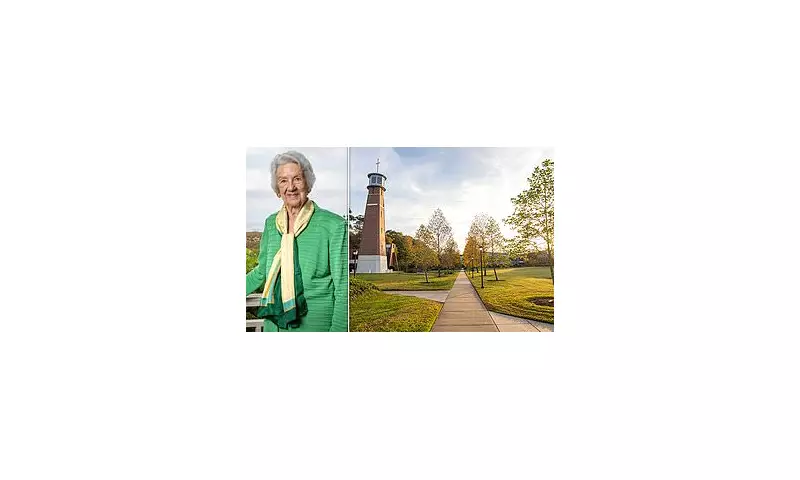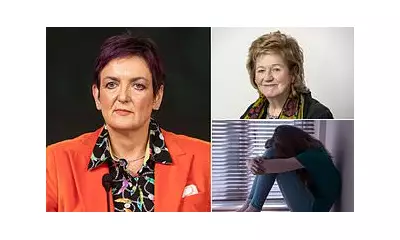
In a decisive move to confront a contentious chapter of its history, Virginia Wesleyan University has officially severed ties with the name of its former benefactor, Jane Batten. The institution's board of trustees voted unanimously to remove her name from the university's library and art village following a damning internal investigation.
A Legacy Under Scrutiny
The review, prompted by a student's research project, delved into Mrs. Batten's political activities and financial contributions during the mid-20th century. It revealed her to be a staunch supporter of 'Massive Resistance'—a series of laws and policies enacted in Virginia to prevent the desegregation of public schools following the landmark 1954 Brown v. Board of Education ruling.
University President, Dr. Scott D. Miller, stated the findings presented the institution with an undeniable moral imperative. "The evidence was clear and compelling. Honouring an individual who actively fought against racial integration is fundamentally at odds with our core values of inclusion and equality," he said.
A New Chapter for Campus Landmarks
With immediate effect, the building formerly known as the Jane P. Batten Library will revert to its original, simpler title: University Library. Similarly, the Jane P. Batten Art Village will now be known as the VWU Art Village.
This move has been largely welcomed on campus, with many seeing it as a necessary step in the ongoing national reckoning with historical figures and their complex legacies. The university has also announced plans for a new, comprehensive exhibition within the library to educate visitors on this period of local history and the decision to remove the Batten name.
Looking Forward
The university emphasises that this decision is not an erasure of history, but rather a more truthful engagement with it. Officials confirm that the physical archive of Mrs. Batten's donations and correspondence will be preserved in the university's records, ensuring future scholars can study this period and the ethical questions it raises for philanthropic institutions.
This action positions Virginia Wesleyan University amongst a growing number of educational institutions worldwide that are critically examining the sources of their funding and the names adorning their buildings, choosing to align their physical campus with their modern-day mission of diversity and inclusion.





